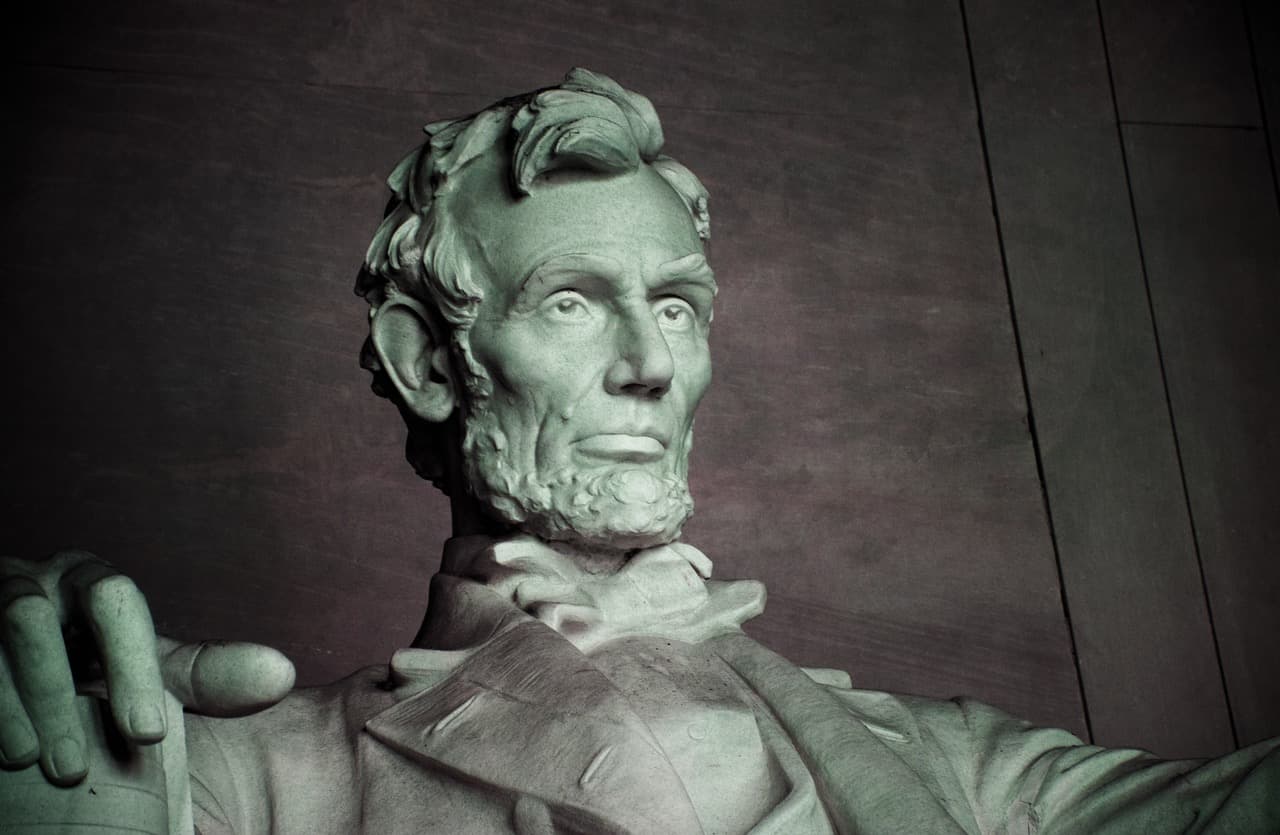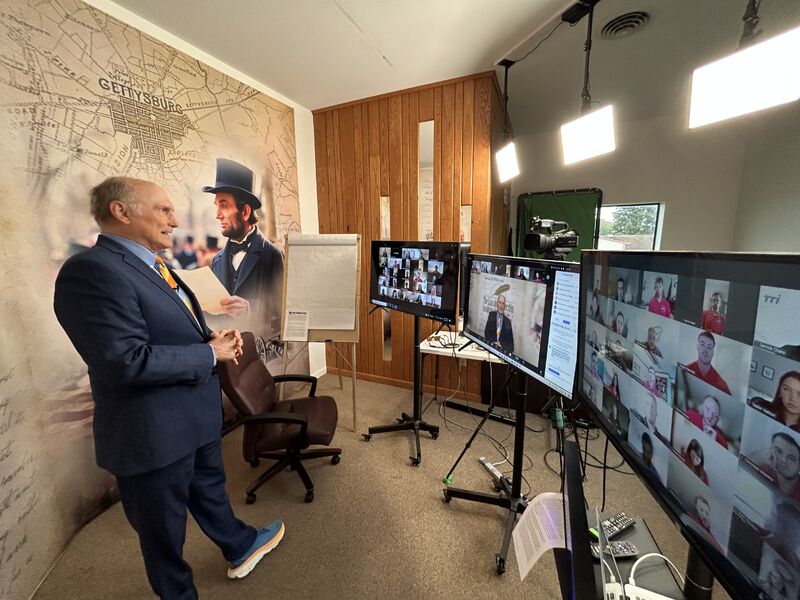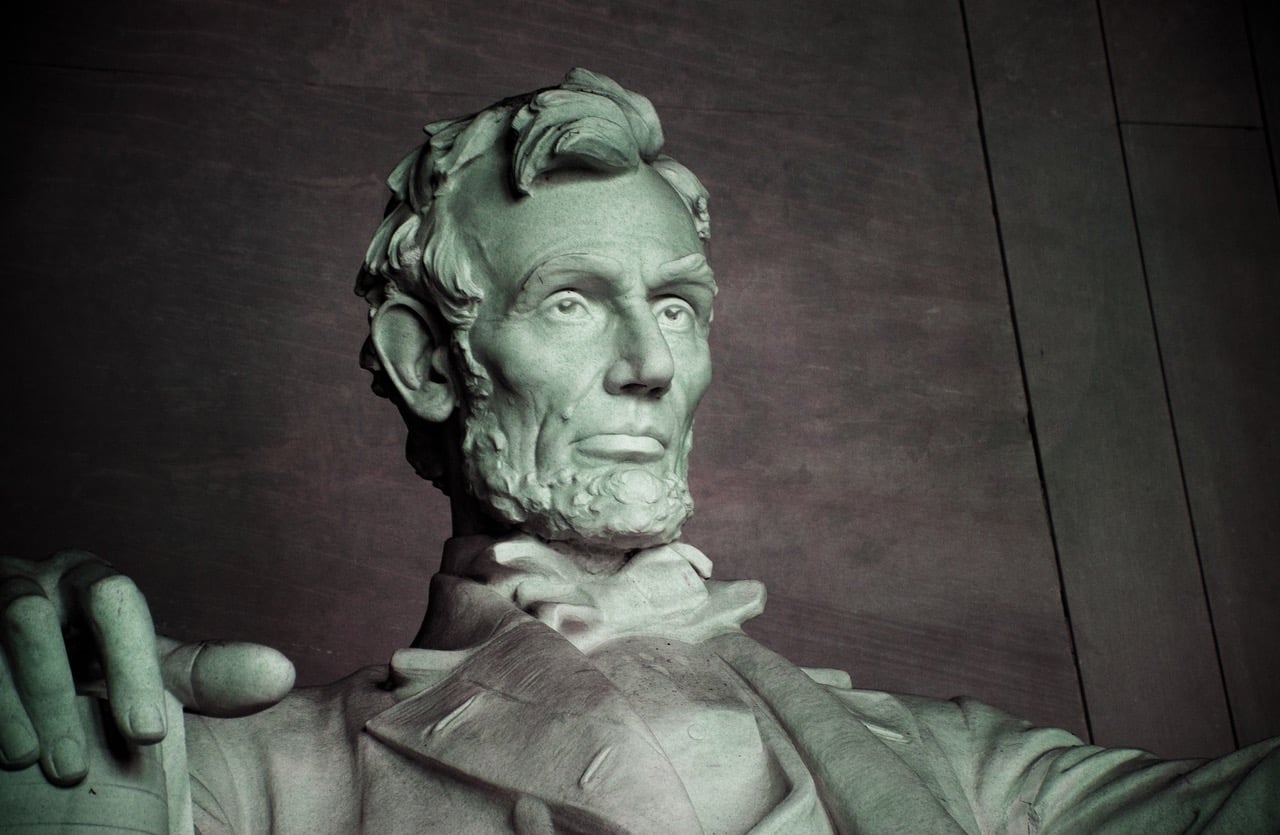
Lessons from the Past Shape the Future: Moon-to-Mars Mission Members Attend Transformative Leadership Session in Gettysburg
By Guest Contributor
Published on September 12, 2024
When Space-Age Vision Meets Battlefield Wisdom
No matter how far we reach for the stars, history offers invaluable lessons to guide us. Recently, members of NASA's ambitious Moon-to-Mars mission participated in a transformative leadership session at Gettysburg, discovering that the principles of leadership tested on Civil War battlefields are directly applicable to humanity's greatest exploration challenge.
The Ultimate Leadership Challenge
The Moon-to-Mars mission represents perhaps the most complex leadership challenge in human history. It requires:
- Coordinating thousands of specialists across multiple organizations
- Managing unprecedented risks with human lives at stake
- Maintaining focus on objectives spanning decades
- Inspiring public support for an expensive, long-term vision
- Adapting to setbacks while maintaining mission integrity
These challenges aren't entirely different from those faced by commanders at Gettysburg—they're simply played out on a cosmic scale.
Historical Parallels to Space Leadership
Strategic Vision Under Pressure Just as Civil War generals had to maintain strategic focus while managing immediate tactical crises, space mission leaders must balance long-term exploration goals with daily operational challenges.
Resource Allocation Both battlefield commanders and space mission directors face the same fundamental challenge: how to allocate limited resources for maximum impact while maintaining safety and mission integrity.
Team Coordination Successful military operations require seamless coordination between different units with different specialties—much like coordinating the diverse teams of engineers, scientists, and technicians essential to space exploration.
Innovation Under Constraint Both environments demand creative problem-solving when traditional approaches fail and when failure could be catastrophic.
Lessons from Gettysburg for Mars
The Chamberlain Principle: Adaptive Leadership Joshua Lawrence Chamberlain's defense of Little Round Top demonstrates how great leaders adapt their tactics when circumstances change dramatically. When his men ran out of ammunition, Chamberlain ordered a bayonet charge that saved the Union left flank.
Mars Application: Space missions require the same adaptive thinking. When systems fail or unexpected challenges arise, mission leaders must quickly develop creative solutions using available resources.
The Lee Challenge: Managing Overconfidence Robert E. Lee's decision to order Pickett's Charge shows how even great leaders can fall victim to overconfidence and ignore warning signs from subordinates.
Mars Application: Complex missions can breed overconfidence in technology and planning. The space program's history reminds us that listening to dissenting voices and maintaining healthy skepticism can prevent catastrophic failures.
The Meade Method: Steady Leadership George Meade's steady, methodical leadership during the battle showed how important it is to maintain discipline and systematic thinking under extreme pressure.
Mars Application: Long-duration space missions require leaders who can maintain focus and discipline over years or decades, not just moments of crisis.
The Power of Historical Perspective
What the Moon-to-Mars team discovered at Gettysburg is that great leadership challenges are remarkably consistent across time and context. Whether you're defending a hill in Pennsylvania or planning a mission to Mars, the fundamental questions remain the same:
- How do you inspire people to achieve seemingly impossible goals?
- How do you maintain team cohesion under extreme stress?
- How do you make critical decisions with incomplete information?
- How do you learn from failure without losing confidence?
- How do you balance risk-taking with safety?
Experiential Learning for Space-Age Leaders
Standing where Pickett's Charge began, the NASA team could viscerally understand the courage required to attempt what seems impossible. Walking Little Round Top, they experienced how defensive positioning and resource conservation can determine success or failure.
These weren't academic exercises—they were profound learning experiences that connected historical leadership moments with contemporary challenges.
The Gettysburg-to-Mars Leadership Framework
The session developed several key principles for space mission leadership:
1. Mission-First Mentality Just as Civil War soldiers fought for causes larger than themselves, space mission teams must maintain focus on humanity's larger purpose in exploration.
2. Calculated Risk-Taking Battlefield commanders and space mission planners both must balance bold action with prudent caution.
3. Cross-Functional Excellence Success requires different specialties working together seamlessly—whether infantry, cavalry, and artillery, or engineers, scientists, and mission controllers.
4. Resilience Through Setbacks Both domains demand the ability to learn from failures quickly and maintain forward momentum.
5. Inspiring Others Through Uncertainty Great leaders in both contexts must maintain team confidence even when outcomes are uncertain.
From Battlefield to Cosmos
The Moon-to-Mars mission participants left Gettysburg with more than historical knowledge—they gained practical frameworks for leading one of humanity's most ambitious endeavors. They discovered that the courage of Civil War soldiers, the strategic thinking of battlefield commanders, and the resilience of those who fought for causes larger than themselves provide powerful models for space-age leadership.
As one participant reflected: "We're not the first generation to attempt something that seems impossible. The principles that worked for leaders under fire 160 years ago still work for leaders reaching for the stars today."
The Universal Nature of Leadership Excellence
Whether your mission is preserving a nation or exploring a planet, the fundamental principles of great leadership remain constant. At the Lincoln Leadership Institute, we help leaders from all fields—including those literally reaching for the stars—discover how historical wisdom can guide them through contemporary challenges.
Ready to discover how battlefield-tested leadership principles can transform your own mission? Contact us to explore how our programs can help you lead through uncertainty toward extraordinary achievement.



